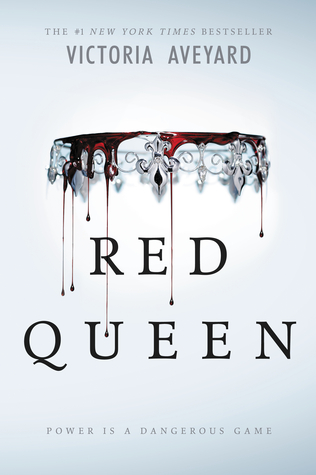This novel is an excellent example of magic being incorporated into a modern setting so convincingly that you find yourself half believing it.
In the Las Vegas area, a game of power is played out over the course of decades by a small number of people who can use magic. (Magic affects everyone, it is implied, but very few people are aware of this.) The magical system, based on the Tarot, is heavily Jungian; it is powered by archetypes of the conscious and unconscious human mind. The story involves figures like The Fisher King and The Fool, as well as greater powers like Artemis/Diana, Dionysus, and Death.
Those who understand the ways that these archetypes are linked to the human soul can use them to their advantage… but this often – or always? – requires some sort of sacrifice or trade-off. The girls who are trying to assume the role of Artemis cannot ever touch meat or alcohol – literally never; one time in their life and they’re permanently ruined for the goddess role! The man who (unwittingly) plays the role of the Fisher King can’t touch alcohol without it slowly killing him, etc. This is because they are in opposition to the god Dionysus, the god of wine.
As often occurs in this subgenre, the magic is presented subtly at first. In the opening pages, we’re not even sure if the magic is real or if the man who is trying to use it is insane. Later it is presented as if it’s merely magic in the psychological sense of allowing you to influence other people. Soon enough, though, it becomes clear that the magic is quite literal, e.g. the main villain can kill people and take over their bodies; he inhabits them.
In one astounding sequence of scenes the hero, Scott, gives in to his craving for alcohol. The spirit of alcohol, Dionysus, appears to Scott in the form of the ghost of his late wife, and Scott’s plunge back into drunkenness manifests in his mind as a sexual orgy with her. At some level he knows this, knows that what seems to him like wild sex with his wife on the hotel’s sweat-drenched sheets is really him drinking himself well-nigh into a coma. But the illusion seems real, and Scott doesn’t much care. When it’s over and he has started to recover, he thinks, If that was sex, I am ready to gladly embrace Death.
Incidentally, this scene is an excellent example of a literal event and its metaphorical meaning blending perfectly. An addictive drug as seduction could hardly be portrayed more vividly. And of course, as with all good metaphors, the metaphorical reading is optional; the scene functions perfectly well as a literal manifestation of Dionysus using magical illusion to attack one of his enemies.
(This example also gives the lie to those who claim to find no value in the fantasy genre. Addiction as a psychological attack could not be presented so forcefully without magic, because we need Dionysus as a literal enemy to make this scene possible at the literal level. And of course, it can’t function metaphorically if it doesn’t function literally. I rarely bother arguing with idiots who disdain fantasy – a certain level of idiocy deters one from bothering – but sometimes it’s irresistible. While I’m on the subject: In the Harry Potter series, Hermione Granger has to protect her family from her enemies, who might strike at her family in order to strike at her. To protect them she must erase all knowledge of her from their minds, so that even mind-reading enemies cannot link them to her. She uses a magical spell to permanently delete herself from her parents’ memories, and never sees them again. Such an emotionally wrenching scene would be impossible without that magical spell.)
Scott and his wife’s ghost, or rather the illusion of his wife’s ghost, then drive out into the desert (for reasons I’ve forgotten). As they’re tooling along, Scott opens a bottle of wine and says to her, “Would you like some of this?”
“I am it, darling,” she replies.
After they’ve reached their destination and are searching an abandoned building in the desert, the image of his wife begins to decay. Soon enough, it is apparent what it really is for Scott. He looks at the crouching skeleton, decorated with a few scraps of hanging flesh and surmounted by a malevolently grinning skull, and realizes, This was indifferent Death. This was nobody’s ally.
In terms of the plotting, I have only one objection (SPOILER WARNING): Scott has lost his eye and his father knows it. So his father doesn’t recognize him when he shows up again in the 1969 Assumption game? It doesn’t even occur to him that the guy with one eye might be his son? Come on, Powers! This could have been dealt with somehow, e.g., Scott is self-conscious about his eye, so he wears shades. People have been known to do this in card games! The same objection applies to the second set of Assumption games that are played circa 1990. Seriously, another player with one eye? His father doesn’t notice or get suspicious? Aargh!
But overall, this is a very good novel indeed. I cannot recall ever having read anything quite like it. I suppose some of Stephen King’s fiction from the 1970s and 1980s has a similar combination of narrative propulsion and magical peril, e.g. The Stand.
Powers wrote two sequels to Last Call, but this novel is so good that one fears a sequel might be a let-down. I intend to re-read it before I take a shot at a sequel, so that before I have to absorb more material, I can re-absorb the pleasures of this ka-pow of a book at a leisurely pace, instead of the furious pace at which I first read it.




